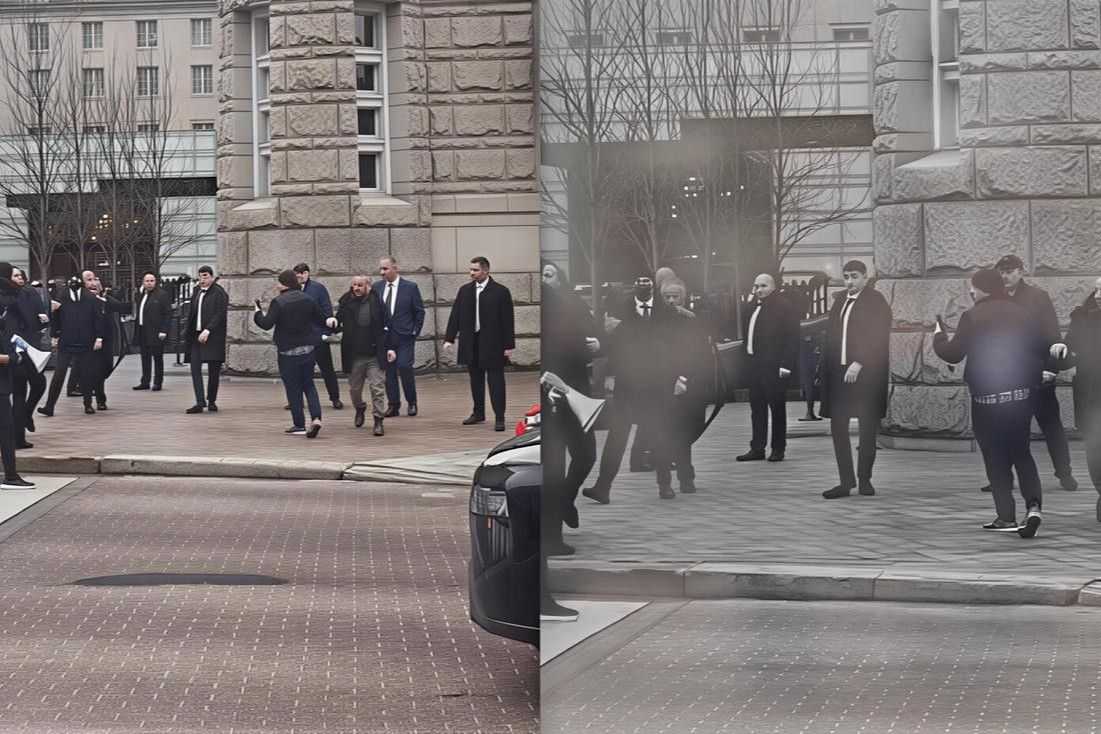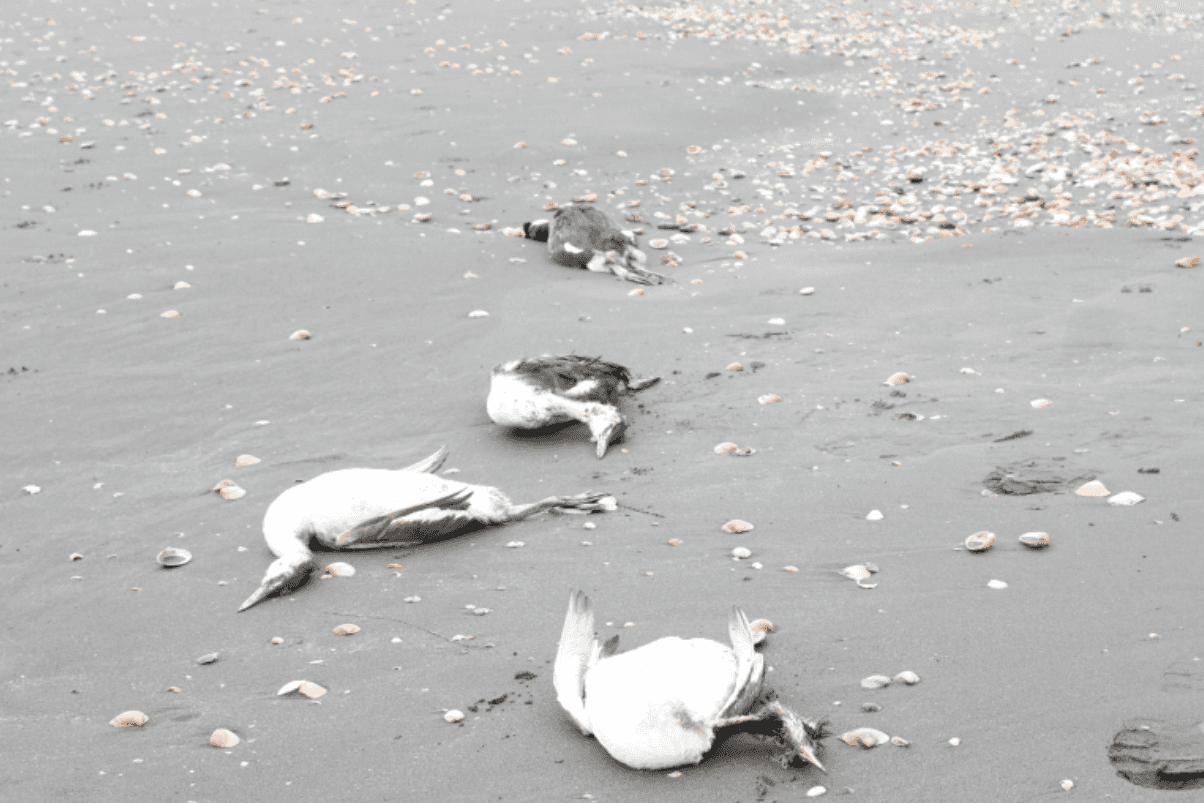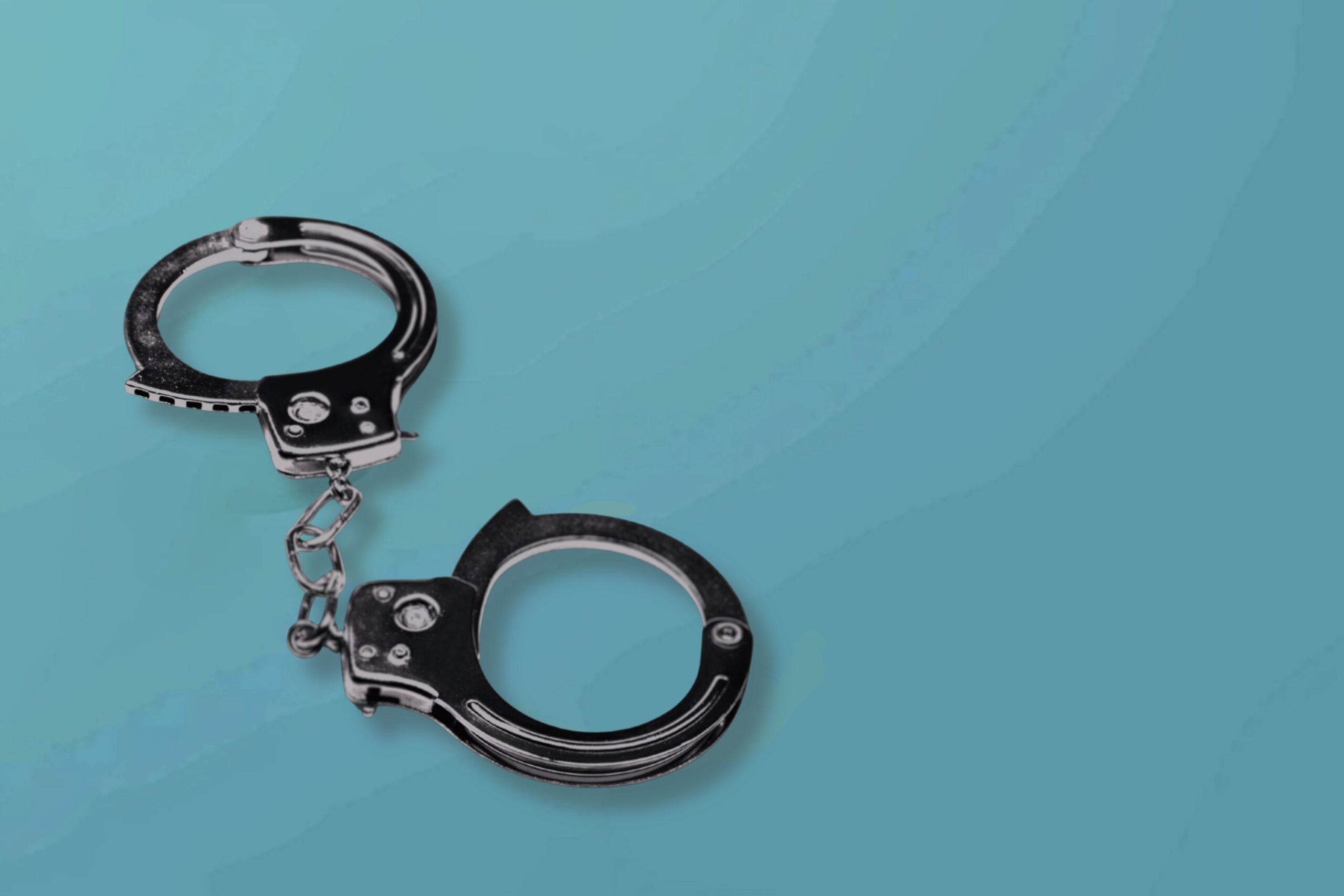
Journalists and activists arrested in Azerbaijan’s latest crackdown on independent media have been accused of smuggling foreign currency, against a backdrop of increasingly tight constraints on foreign funding. But conversations with their families suggest a picture of low incomes and struggles to make ends meet.
‘My son has never been a criminal’, says 60-year-old Matanat Jabbar. She is the mother of Mushfig Jabbar, one of six people arrested in a raid on independent online outlet Toplum TV and the Institute for Democratic Initiatives (IDI).
Along with Ali Zaynal, Farid Ismayilov, Elmir Abbasov, Ramin Babayev, and Ilkin Amrahov, Mushfig Jabbar faces charges of smuggling foreign currency.
‘I am proud of my son’, she says. ‘Maybe I am poor, we are not rich, but I am proud of my family and my children. It was a big issue for me, as when they called Mushfig a smuggler, I wanted to open the door and shout because it was not right. It is hard for me. This [accusation] is not about my son.’
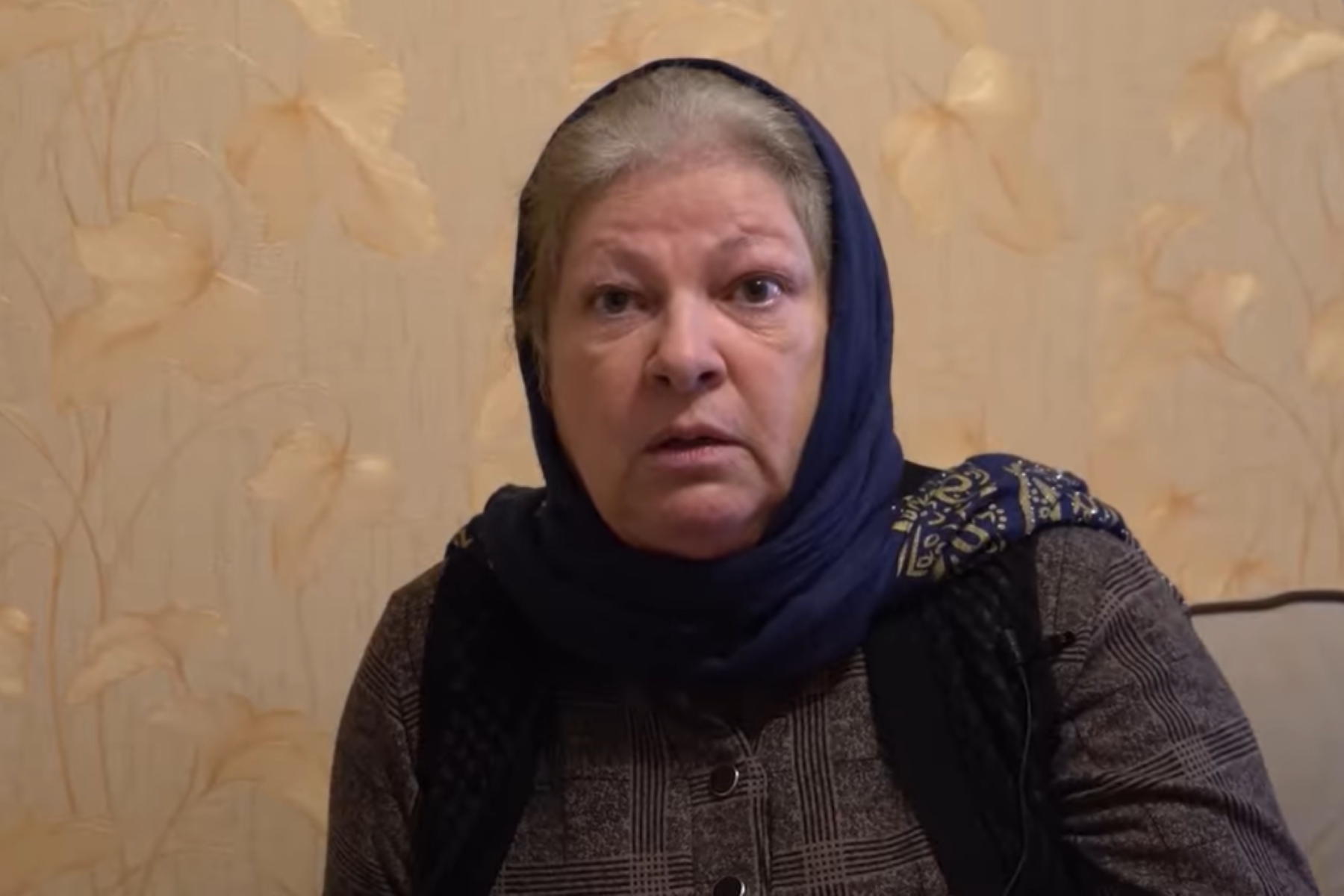
She tells OC Media that the family has struggled since Jabbar’s arrest, as he supported the family by buying medicines for his father. His father has diabetes, high blood pressure, is blind in one eye, and has previously had to undergo heart surgery.
Jabbar lived in Sumgayit, around 30 kilometres north-west of Baku, in a flat that was raided by police in early March. His family live in a nearby settlement.
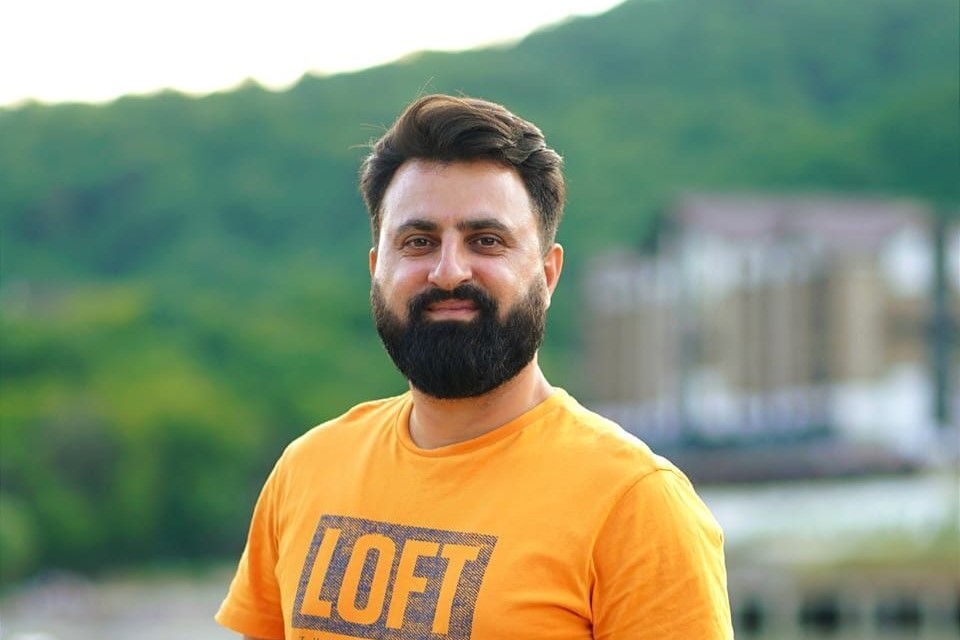
‘Every week, he bought medicines for his father and phoned us every weekend. When he couldn’t visit us, he asked about the medicines and delivered them on Sundays’, says his mother. ‘Every month, we spent at least ₼500 ($290) on medicine.’
In November 2023, another media outlet, AbzasMedia, was also raided by police. Director Ulvi Hasanli, deputy director Mahammad Kekalov, editor-in-chief Sevinj Abbasova, and journalists Nargiz Absalamova, Elnara Gasimova, and Hafiz Babali were arrested, all on charges of smuggling foreign currency.
All the detained journalists deny the charges against them, asserting that their arrests were related to their work.
‘When the government wants to arrest someone, it will find a reason’
Detaining independent journalists on charges of financial misconduct is nothing new in Azerbaijan.
Human Rights Watch’s Deputy Director for Europe and Central Asia, Rachel Denber, told OC Media that the Azerbaijani government has for years ‘maliciously misused’ legislation to silence critics.
‘They have also adopted laws that make it nearly impossible for NGOs [non-governmental organisations] to fund themselves in ways that ensure their independence, thereby pushing these groups to the margins of the law and making them vulnerable to arrest’, Denber says.
‘It has wrongfully arrested and charged numerous journalists, civic activists, and political opposition’, she adds. ‘These are abhorrent practices that are contrary to Azerbaijan’s obligations under international human rights law and that are utterly inappropriate for a host of the COP29 [climate conference].’
Anar Mammadli, the head of the Election Monitoring and Democracy Studies Centre, a local pro-democracy group, told OC Media that journalists had been detained on a variety of charges in the past decade.
Mammadli noted that Azerbaijani journalist Avaz Zeynalli was arrested in 2022 on corruption charges, now editor-in-chief of Toplum TV Khadija Ismayil in 2015 for tax evasion, and journalist and opposition politician Seymur Hazi on charges of hooliganism in 2014.
He added that such measures were used together with paralysing legislation regulating grants and NGOs, giving the government ample opportunity to target its critics.
‘When the government wants to arrest someone it will find a reason’, said Mammadli.
In 2014, President Ilham Aliyev amended an Azerbaijani law regulating grants so that only a limited list of institutions approved by the government were entitled to provide grants to Azerbaijani organisations and individuals.
Former lawyer Yalchin Imanov explained to independent news agency Turan that the amendments to the laws on non-governmental organisations and grants meant that standard funding could now be classed as smuggling.
‘Recognising grant funds […] as an example of smuggling indicates that addressing the problem has been brought to a point of absurdity, not legal transformation’, said Imanov.
He added that Azerbaijan’s free media and independent civil society organisations had been ‘deprived of […] the only guarantee of their existence’.
Mammadli also noted that since a number of laws regulating non-governmental organisations were amended in 2014 and 2015, establishing and registering such organisations has become more complicated.
‘New sanctions were added to the legislation, which could affect NGO activity after their registration and stop [their] activity without clear reasons. The new legislation creates limiting circumstances for NGOs.’
He added that many donors, both local and international, were no longer able to work with Azerbaijani civil society organisations after the changes were made. Embassy, USAID, and European Union programmes were closed, severely impacting a number of Azerbaijani civil society organisations.
Mammadli added that there had been no significant measures to remedy the situation, but that solving the issue required ‘a complex approach’.
‘Pro-government NGOs are also unhappy with the situation’, added Mammadli. ‘They are also complaining about it too.’
Speaking to Turan, Imanov added that the authorities’ handling of the smuggling cases had been entirely inappropriate, even were their allegations genuine.
‘Even if we assume that the cash in foreign currency allegedly found in the apartments of journalists or representatives of NGOs belongs to them, the task of the investigative authorities is to prove that these amounts were smuggled into the country’, said Imanov.
He also stated that the authorities had violated the law by releasing details from the investigation to smear the journalists and NGO employees in pro-government media outlets.
‘This is a clear violation of the right to the presumption of innocence and a violation of many norms of criminal procedure legislation’, said Imanov.
‘Why do I live in a country where I lost my children?’
Ilkin Amrahov’s family had similarly depended on him before he was arrested.
His father, Ayyar Amrahov, notes that Ilkin, 23, is the older of two children, and had only been working at the Institute for Democratic Initiatives (IDI) for two months prior to his arrest, bringing home a salary of ₼400 ($240) a month.
‘I could not work in the winter and his mother is ill — with diabetes and high blood pressure. When Ilkin finished his bachelor’s degree and began studying for his master’s, he searched for a part-time job’, he said. He adds that his son had excelled academically before finding a position at the IDI.
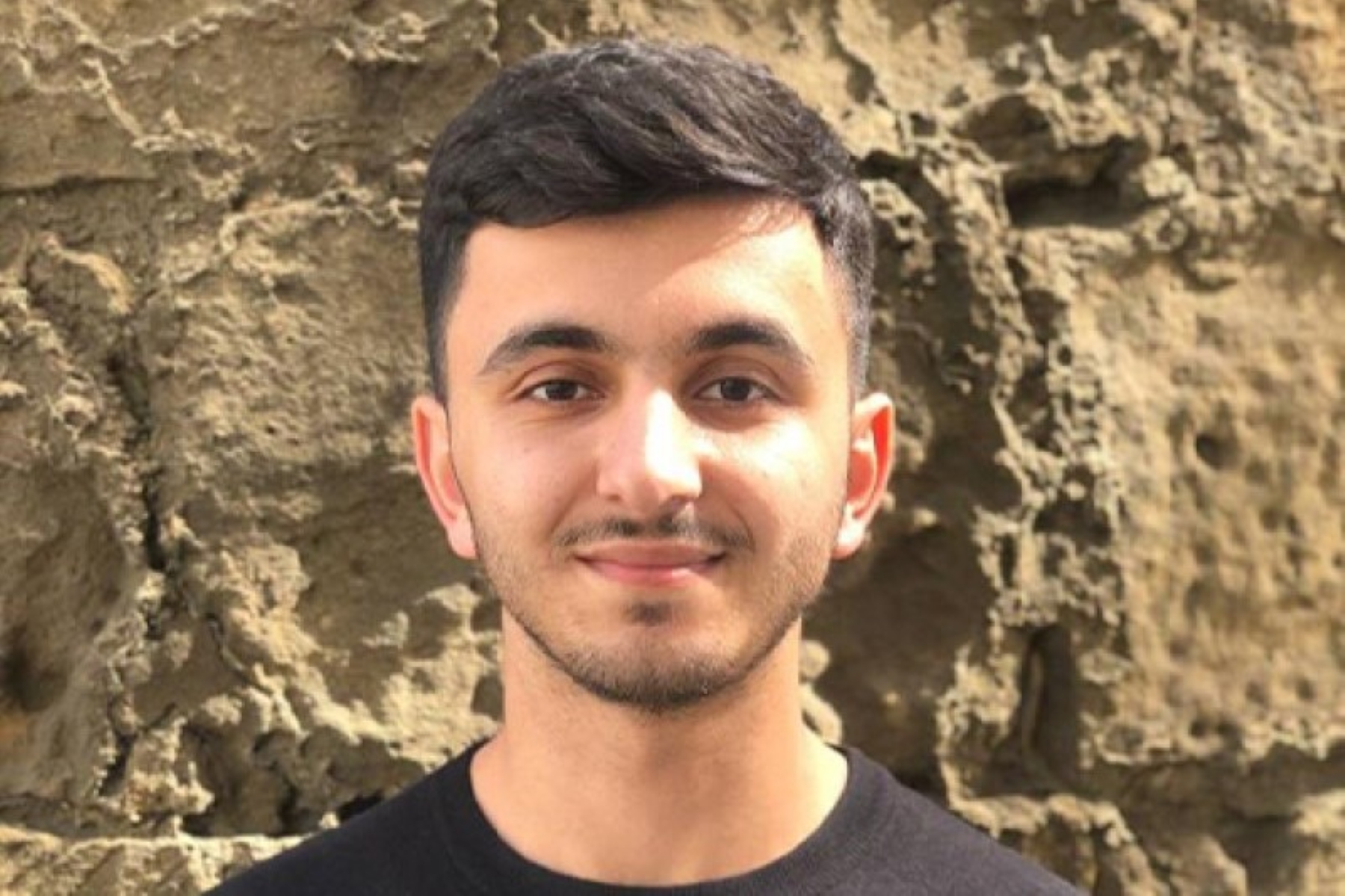
He also notes that Ilkin had previously had his ₼180 ($110) university stipend cut, after objecting to high marks being given to students who had not attended classes; a practice often associated with bribery or corruption.
According to Amrahov, Ilkin found himself in a similar conflict after his brother, Shariyar, was beaten and injured in the army, after which he received a diagnosis of schizophrenia.
‘When Ilkin visited him in the hospital, Shariyar’s doctor told me not to allow Ilkin to visit his brother because he demanded that the doctors follow the law’, said Amrahov.
He adds that he can’t understand why he has found himself in a country where he has lost both of his children.
‘I lost Shariyar when he went to the army, and now my second boy has been arrested. We are proud of Ilkin, and when he was arrested I wanted to ask this policeman if he was smarter than Ilkin’, says Amrahov. ‘He is a high-grade student. In every social injustice, he raised his voice.’




